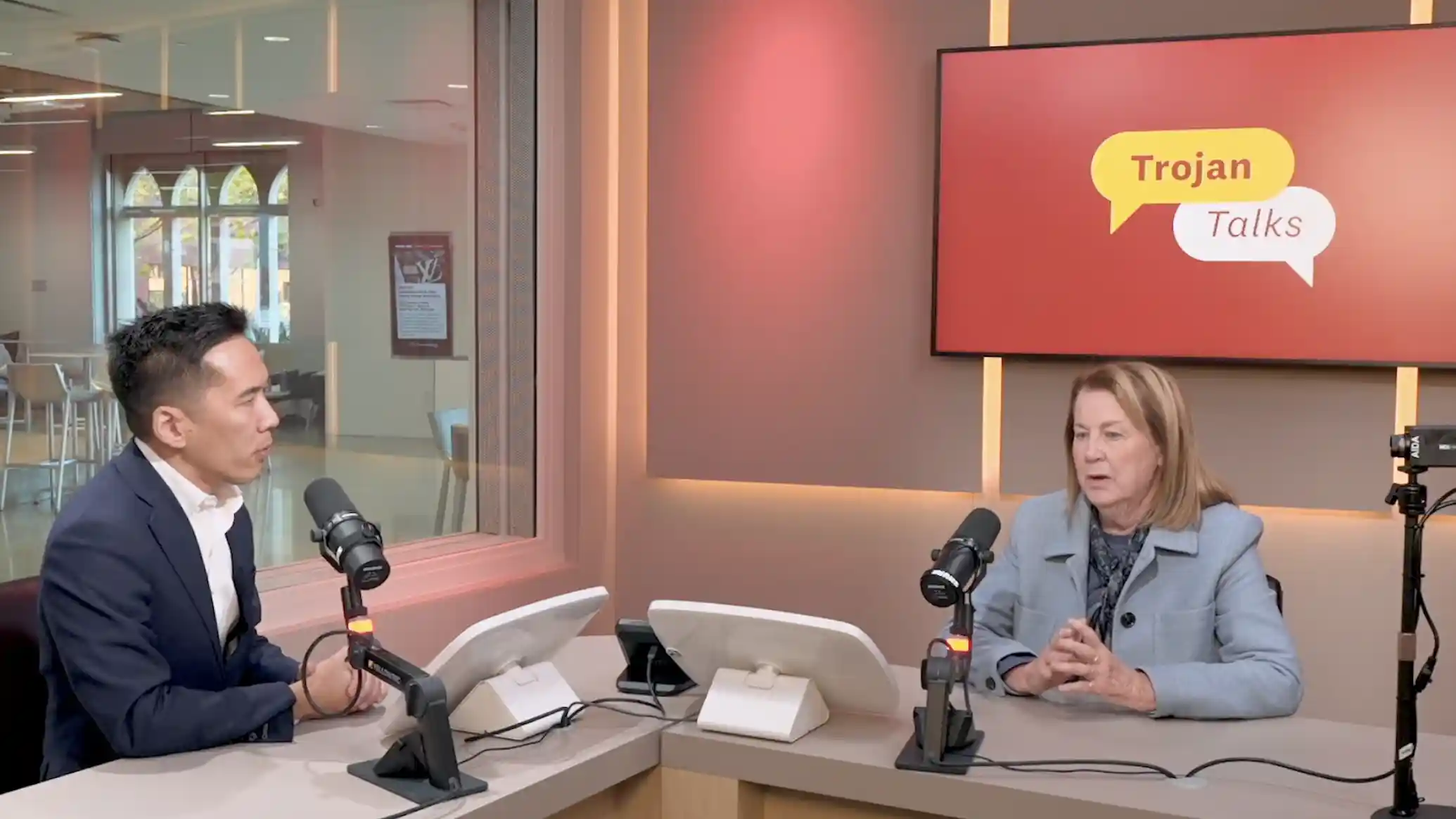Ars Technica quoted Eileen Crimmins in an article on potential protective benefits of the shingles vaccine, noting her and Jung Ki Kim’s recent study suggested that older vaccine recipients showed signs of slower biological aging versus older unvaccinated adults. “Our study adds to a growing body of work suggesting that vaccines may play a role in healthy aging strategies beyond solely preventing acute illness,” she said.
Forbes.com quoted Francesca Falzarano on whether smart home tech could be lifesaving for older people living alone, citing the circumstances of actor Gene Hackman’s death.
“Simple smart home tools — like motion sensors (e.g., Ring motion detectors or “Medical Guardian” fall detection systems), daily check-in systems (e.g., Amazon Alexa), or wearables (e.g., an Apple watch) — can serve as critical safety nets that can detect emergencies and track disruptions in routine,” Falzarano said. “From a broader perspective, smart home technologies are a critical tool for augmenting and optimizing the home environment to facilitate independence, safety, and quality of life and promote aging-in-place even in the face of chronic illness or disability. … The challenge is finding the right balance between respecting autonomy and ensuring safety. People want to live independently, but we also need systems that provide visibility, especially when something goes wrong.”
New York Times quoted Pinchas Cohen in an article on the increasing focus on mitochondria in longevity research. “I’m not going to complain about mitochondria being at the forefront of the discussion right now because I think it is important. … But I can’t really explain how it happened,” Cohen said.
He added that a decline in mitochondria health may drive some of the symptoms of age-related disease. “The mitochondria just give up earlier than other parts of the cell because of the wear and tear that they’re subjected to,” he said. “They’re the canary in the coal mine of cellular dysfunction.”
Jewish Journal mentioned an event co-hosted by the USC Leonard Davis School in a column on a proposed intergenerational housing program.


Independent (UK) featured research by Jung Ki Kim and Eileen Crimmins that detailed how older adults vaccinated against shingles showed lower levels of inflammation and other signs of slower biological aging. “By helping to reduce this background inflammation — possibly by preventing reactivation of the virus that causes shingles, the vaccine may play a role in supporting healthier ageing,” Kim said. “While the exact biological mechanisms remain to be understood, the potential for vaccination to reduce inflammation makes it a promising addition to broader strategies aimed at promoting resilience and slowing age-related decline.” The widely covered study was also featured in Inside Precision Medicine, Discover Magazine, U.S. News & World Report, People, Everyday Health, and more.
Mirror interviewed Valter Longo about longevity and the fasting-mimicking diet. The story also ran on MSN worldwide.
Ground Truths, a Substack column by cardiologist, scientist, and author Eric Topol, spotlighted research by Jung Ki Kim and Eileen Crimmins on how older adults vaccinated against shingles appeared to have less inflammation and slower biological aging.






